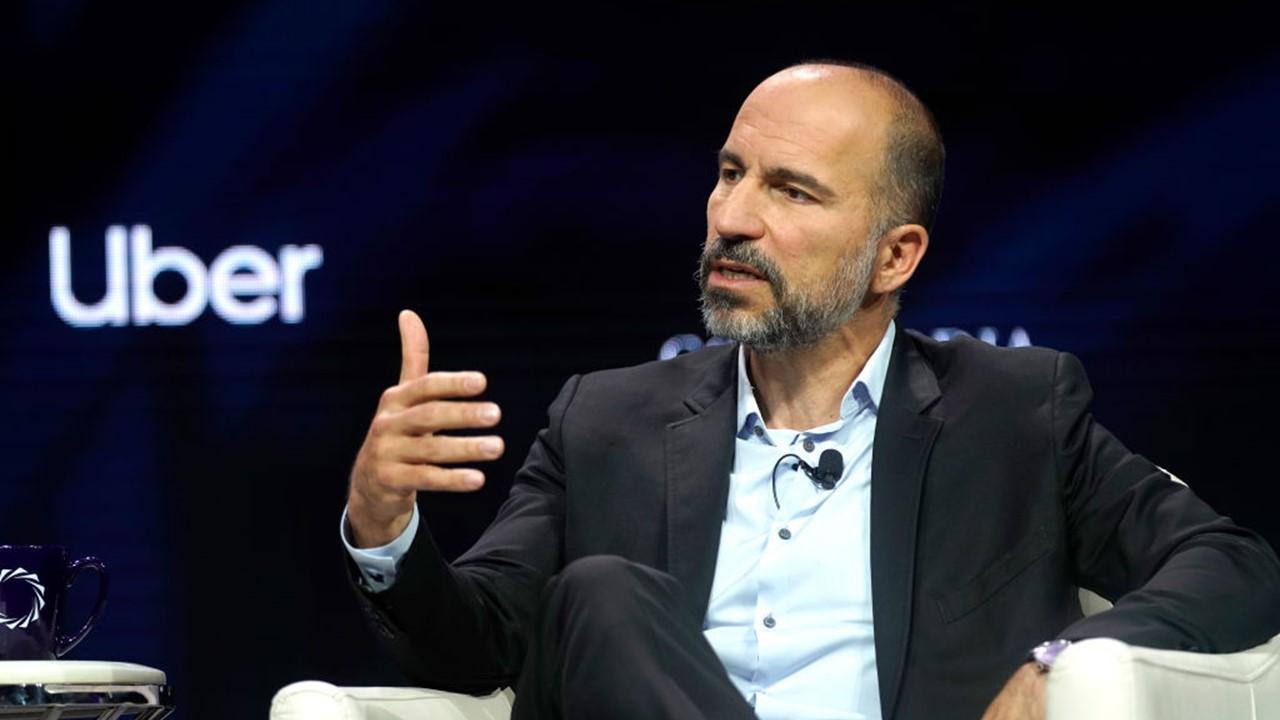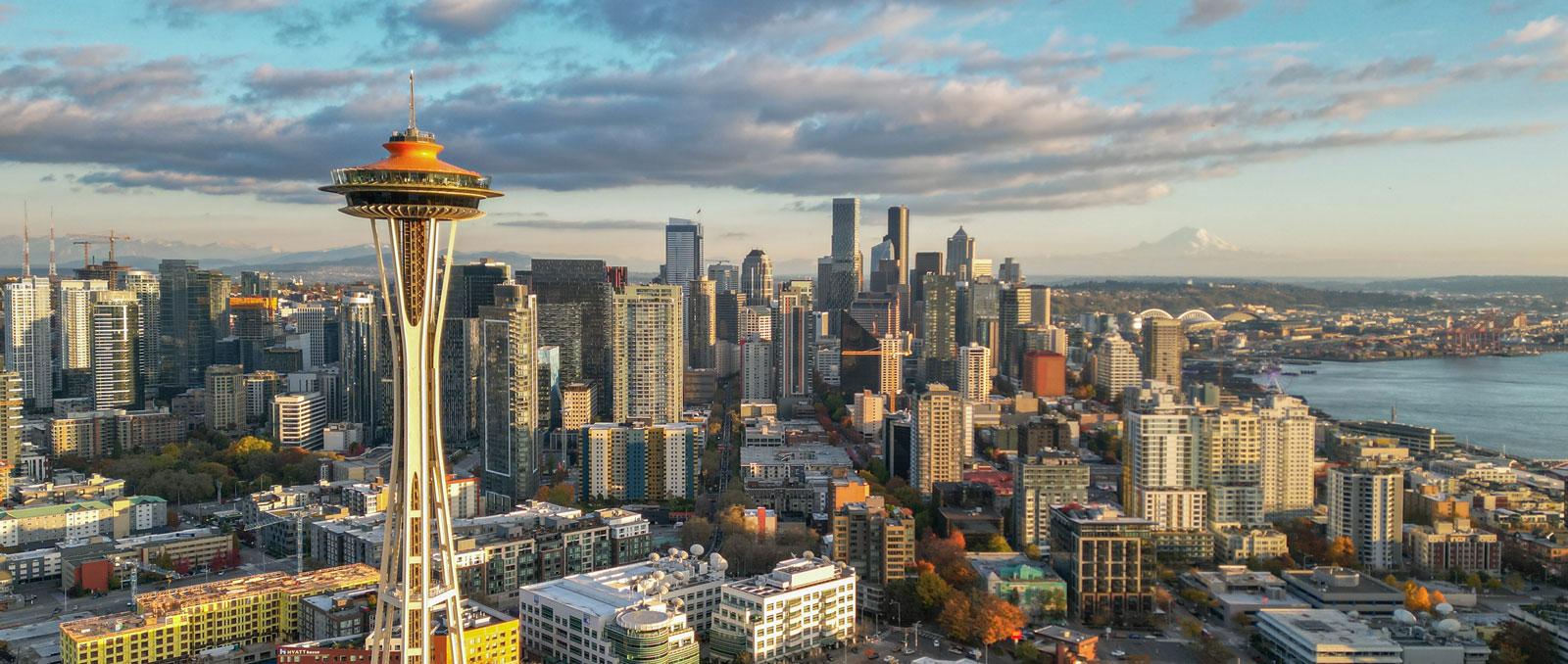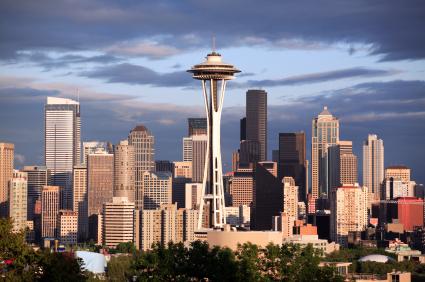Seattle recently implemented a $26.40 minimum wage for app-based workers. This law, part of the “PayUp” initiative, has sparked intense debate.
Tech companies argue it’s causing economic harm. Meanwhile, some workers celebrate their increased earnings.
How are delivery platforms affected?

Delivery services report a significant drop in order volume. One major platform claims a 30% decrease in Seattle orders since the law’s implementation.
This reduction has led to an estimated $5 million in lost revenue for local businesses. The long-term sustainability of these platforms in Seattle remains uncertain.
What do drivers say about higher wages?

Many drivers report substantial increases in their income. Some claim their earnings have nearly doubled, allowing for better work-life balance.
A recent survey shows 65% of affected drivers approve of the new law. However, experiences vary widely among the workforce.
Can the city’s economy adapt to $26.40?

Economists debate the broader economic impact of the wage hike. Some predict a 5-10% increase in consumer prices for delivery services.
Others argue that higher wages will stimulate local spending. The true economic effects may take months or years to fully materialize.
Is there a middle ground in this debate?

City officials face pressure from both tech companies and labor advocates. Some propose a tiered wage system based on order volume.
Others suggest tax incentives for companies that maintain high employment levels. Finding a compromise that satisfies all parties proves challenging.
How does this compare to other cities?

Seattle’s $26.40 minimum wage for gig workers is currently the highest in the nation. New York City follows with a $17.96 minimum for ride-share drivers.
This disparity has drawn attention from policymakers in other major cities. Will Seattle become a model or a cautionary tale?
What’s the future of gig work here?

The new law could reshape the gig economy landscape in Seattle. Some experts predict a 20% reduction in the number of active delivery drivers.
Others foresee a shift towards more part-time gig work. The long-term effects on job flexibility and worker classification remain to be seen.
Are consumers feeling the impact yet?

Early reports suggest changes in consumer behavior. Delivery wait times have increased by an average of 15 minutes in some areas.
A local survey indicates that 40% of regular users have reduced their order frequency. How will this affect Seattle’s vibrant restaurant scene?
Could this spread to other industries?

The success or failure of Seattle’s experiment could influence wage policies beyond the gig economy.
Some unions are already pushing for similar measures in traditional service industries. Could we see a $26.40 minimum wage for all Seattle workers in the future?
What’s next for Seattle’s wage experiment?

As the debate rages on, all eyes are on Seattle. The city council plans to review the law’s impact after six months. Tech companies threaten legal action if changes aren’t made.
Meanwhile, worker advocates prepare to defend their hard-won gains. The outcome could set a precedent for gig worker rights nationwide.

